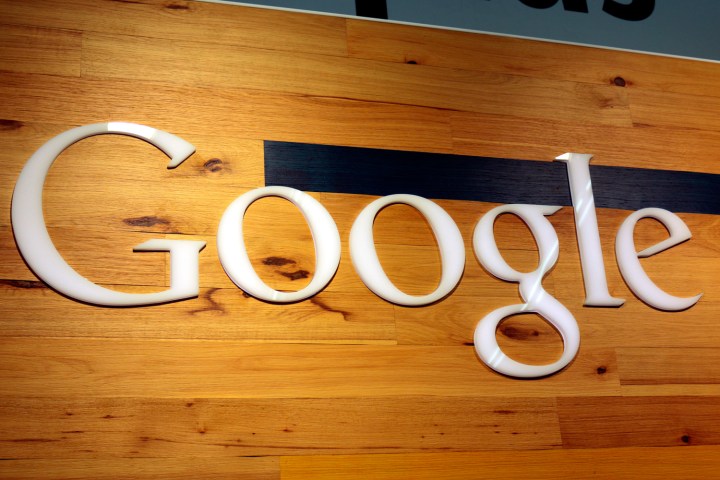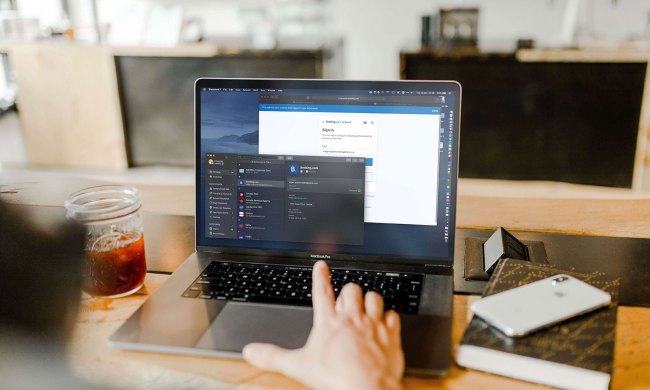
Google wants you to lock down your security settings, and is willing to bribe you to get that done. They’ve made a step-by-step checklist of things you need to review for the sake of your security, and will give out 2GB of free Drive space to anyone who gets through it.
Today is Safer Internet Day, and the checkup is Google’s way of celebrating. The 2GB incentive is becoming a tradition — they did the same thing on February 8 last year.
To get started, head to Google’s security checkup page and go through the steps. All told this shouldn’t take you more than five minutes, and it’s totally worth doing even without the 2GB bribe. In a few steps, you will:
- Check your recovery information, including your phone number and backup email address. These come in handy should you ever lose your password or otherwise lose access to your account: they can verify to Google that you are who you say you are.
- Check your recent security events, by identifying any changes anyone else made to your security settings recently. If you don’t remember doing something, it’s probably time to change your password.
- Check your recent devices, to make sure your data was only accessed by computers you recognize.
- Check your account permissions, reviewing all the applications you gave access to your account at one point or another. If you don’t use something anymore, it’s a good idea to remove it.
- Your app passwords, although this only really applies to people who set up two-factor authentication with legacy apps that don’t support the feature. If you no longer use any of these passwords, shut it down.
All of these are good things to check regularly, so consider bookmarking the checkup page when you’re done.
Sadly, the promotion does not apply to Google Apps for Work and Google Apps for Education accounts — just personal accounts. Still, it’s a no-brainer for the rest of us: free storage and better security.


